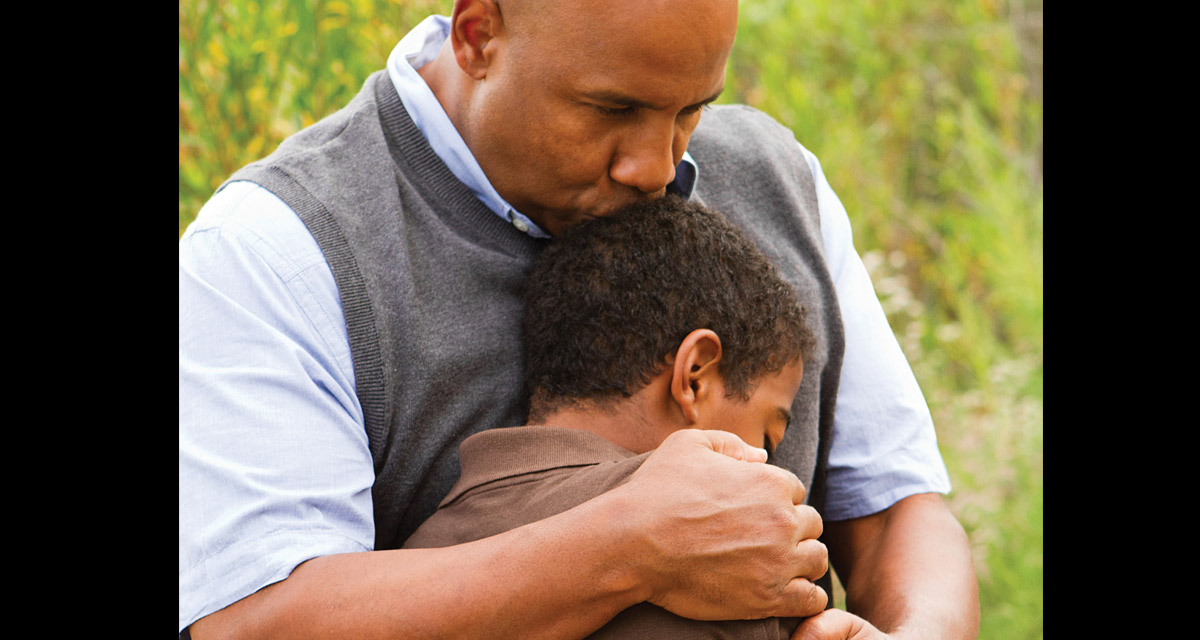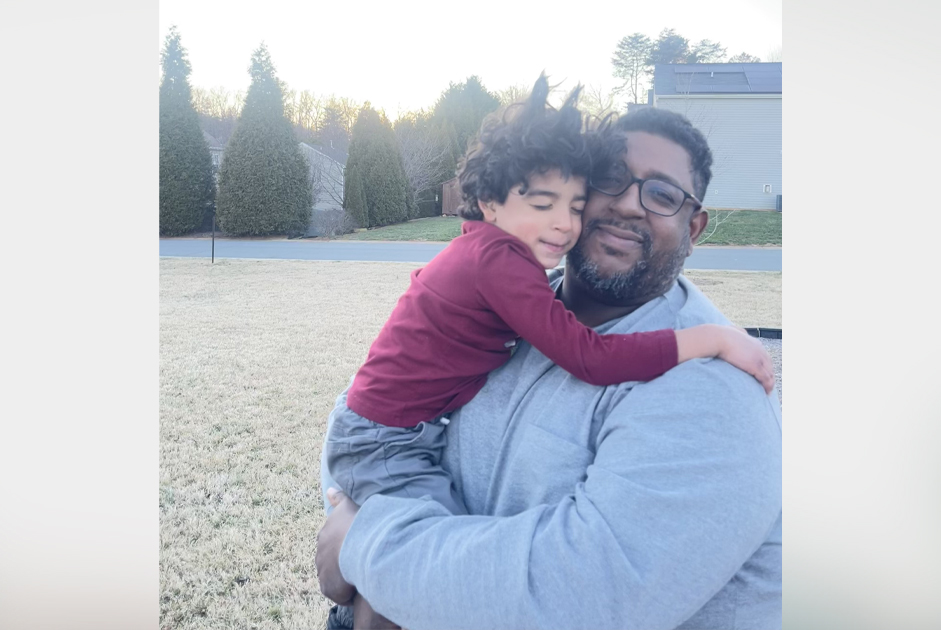Whether you are six years old or sixty years old, one of the best feelings is holding a puppy or kitten and hearing, “It’s yours to love.” The joy that comes with that moment and so many to follow will eventually, hopefully many years later, be followed with the heartbreak of losing that beloved member of the family. While death is something that we as adults have a better understanding of, a child only knows that their best friend is gone and the loss is too big to take in and accept. The death of a pet is never easy, speaking from experience as an adult, but helping your child with the grief of the passing of a pet, step by step, is not only necessary, but can prepare them for future losses in their lives.
For most kids, pets, whether that’s a kitten, puppy, rabbit, turtle, hamster, and anything in between, are more than just animals their families own, they’re members of the family and the best of friends. Family pets are often the first to greet kids in the morning and after school. Your family pet may be the one your child looks to for comfort and companionship when ill or feeling upset. When your family pet gets up in years or becomes sick and is nearing death or dies, walking your child through the grieving process is very important.
Sharing the Loss
One of the most difficult parts about losing a pet may be breaking the bad news to your child. Take into consideration your child’s age, maturity level, and life experience in revealing the details. Some therapists recommend if your pet is very old or has an illness, that you consider talking to your child before the death occurs. If you have to make the decision to euthanize your pet, it’s important to explain that the veterinarian has done everything possible, the pet wasn’t going to get better, this is the kindest way you can take away their pain, and the pet will pass peacefully, without pain or being scared. Be careful about using the term “put to sleep,” because depending on the child’s understanding, that could lead them to think the pet will simply wake up when it feels better. If your pet passes suddenly, explain what happened and let their questions lead you to what you disclose.
Lying Isn’t an Option
There really aren’t many times when lying is a good choice. Telling your child that “Rex ran away,” or “Max went to a farm,” isn’t a good idea according to therapists. It probably won’t alleviate the sadness about the loss, and if your child finds out you lied, they will be angry in addition to being sad. If your child asks what happens after your pet dies, draw on your own understanding and the viewpoint of your faith.
Coping Together
Like anyone dealing with a loss, a child usually feels a variety of emotions besides sadness after the death of a pet. They might experience loneliness, anger or frustration, if your child feels the pet couldn’t get better, or guilt about times that they were mean to or didn’t care for the pet as they should have. Help your child understand that everything they are feeling is normal, and it’s okay to not want to talk and just be sad. Sharing your sadness and showing how you are coping with the loss can be good for your child. If you show that it’s okay to feel sad, to talk about your loss, and to cry when you feel like it, your child is more likely to share their feelings with you. It comforts a child to know they aren’t alone in their loss and pain.
Looking to the Future
After the shock of the loss of the pet starts to fade, it’s important to help your child heal and look forward. It can help a child to find special ways to remember the pet. You might have a celebration of life for the pet, plant a tree in the pet’s memory, sit and share stories of what made your pet so very special to each in the family, or you could make a scrapbook of the life of the pet.
Most importantly, talk about your pet, often and with love. Let your child know that while the deep and raw pain will go away, the happy memories of the pet will always remain. When the time is right, consider adopting a new pet, never as a replacement, but as a way to continue the love you have for the pet that died with another one in need of a home.




















